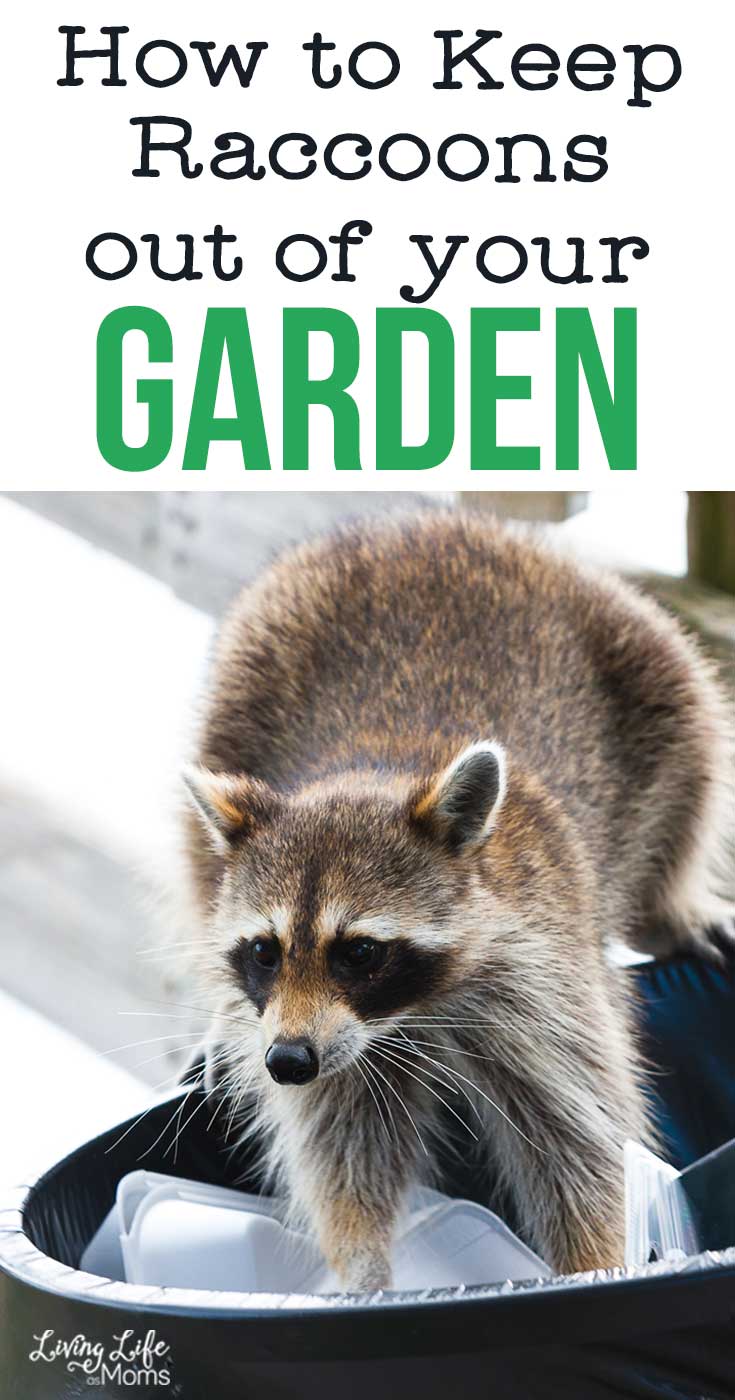
Raccoons, with their adorable masked faces and mischievous nature, can wreak havoc in your garden. These cunning creatures are notorious for digging up plants, ravaging fruits and vegetables, and causing general chaos. To protect your beloved garden from raccoon invasion, follow these effective tips and strategies.
1. Secure Your Garden's Perimeter
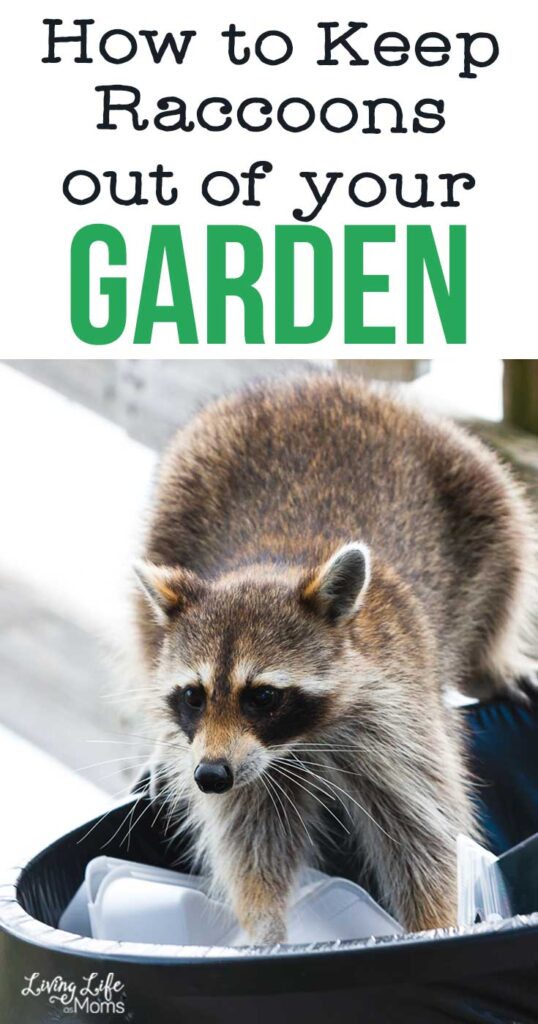
Creating a physical barrier around your garden is the first line of defense against raccoons. Install a sturdy fence that is at least 4 feet tall and extends at least 12 inches below the ground to prevent them from burrowing underneath. Ensure there are no gaps or holes in the fence where raccoons can squeeze through.
2. Remove Attractants
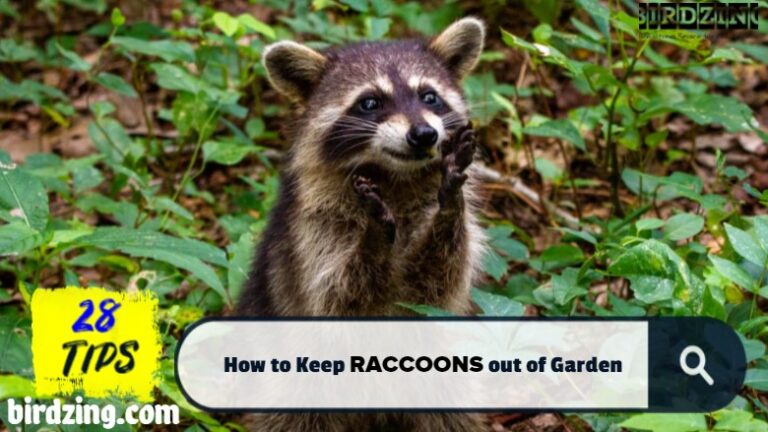
Raccoons are opportunistic feeders, so eliminating potential food sources will discourage them from visiting your garden. Remove fallen fruits, nuts, and seeds regularly. Secure garbage cans with tight-fitting lids, and consider using animal-proof containers. Avoid leaving pet food outside, as raccoons are known to help themselves to a free meal.
3. Utilize Motion-Activated Devices

Raccoons are nocturnal creatures, and they dislike sudden bright lights and loud noises. Install motion-activated lights or sprinklers in your garden to startle them away. This will make your garden an undesirable place for raccoons to visit, reducing the likelihood of damage.
4. Try Natural Deterrents

There are several natural substances that raccoons find unpleasant, deterring them from your garden. Sprinkle cayenne pepper, garlic powder, or strong-smelling spices around your plants. Raccoons are also repelled by the smell of ammonia, soaking rags in this liquid and placing them strategically can discourage their presence.
5. Install a Scarecrow or Owl Decoy
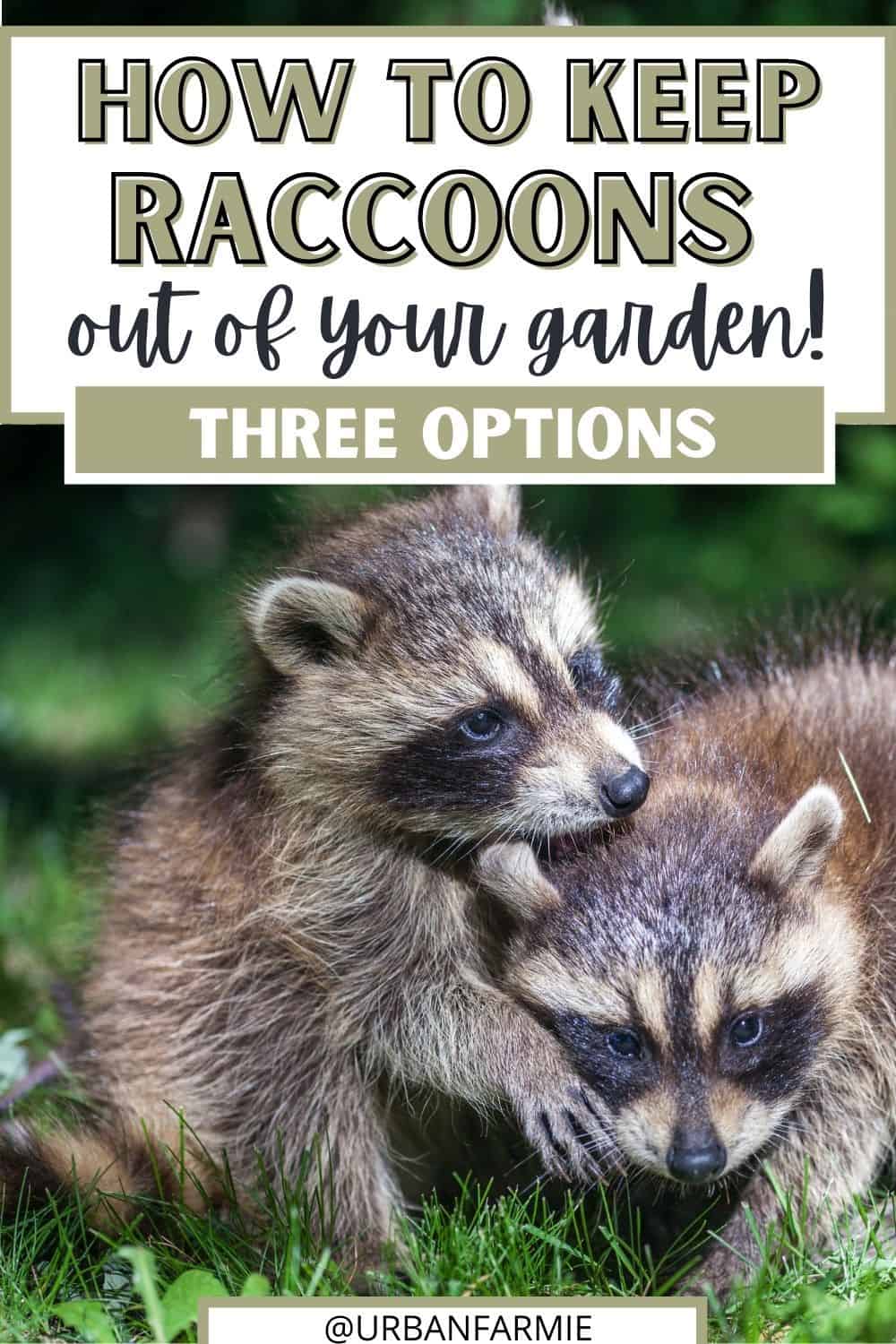
Raccoons are wary of potential predators, so placing a scarecrow or owl decoy in your garden can deter them. The sight of these figures will make raccoons think twice before entering your garden, protecting your plants from their destructive behavior.
6. Use Repellents
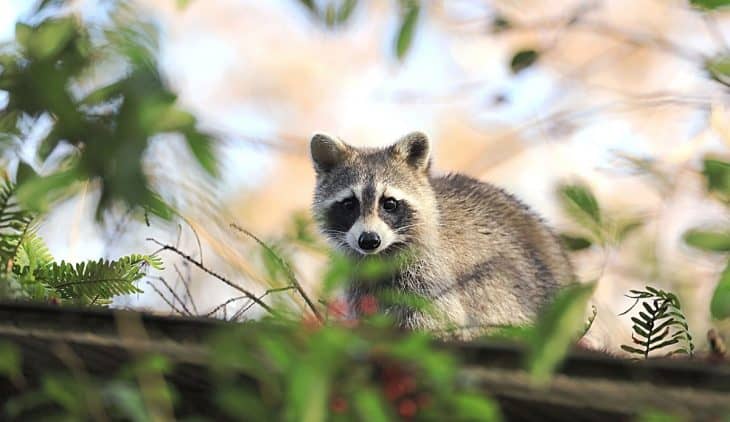
Commercially available raccoon repellents can be effective in keeping these critters away. Look for products that contain ingredients like castor oil, ammonium soap, or predator urine. Follow the instructions carefully and reapply as needed, especially after rain.
7. Don't Provide Shelter
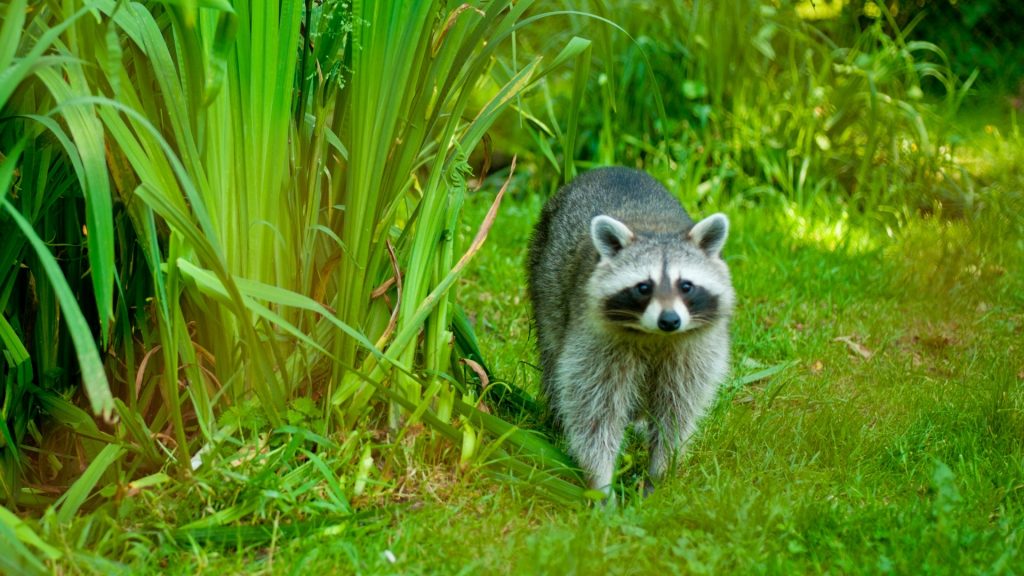
Raccoons are known to seek shelter in brush piles, woodpiles, and other debris. Remove potential hiding spots near your garden to discourage them from settling nearby. Trim overgrown vegetation and keep your garden area clean and tidy.
8. Harvest Fruits and Vegetables Promptly

Raccoons are attracted to ripening fruits and vegetables. Harvest your produce promptly to minimize their interest. Regularly inspect your garden for any fallen or damaged fruits, as they can attract raccoons and other pests.
9. Keep Pets Indoors at Night

Raccoons are known carriers of diseases that can be transmitted to domestic pets. To keep your pets safe and to avoid attracting raccoons, bring them indoors during the night. If you have outdoor pet food or water bowls, remember to bring them inside as well.
10. Consider a Motion-Activated Sprinkler System
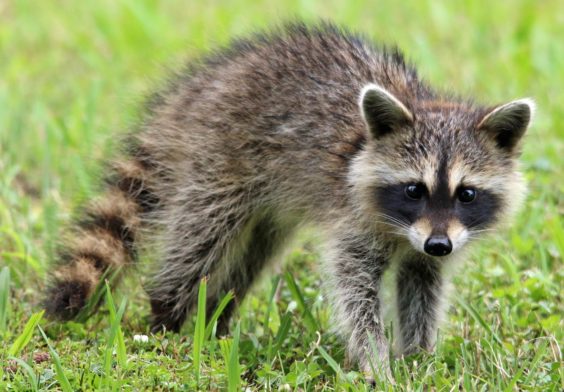
For persistent raccoon problems, invest in a motion-activated sprinkler system. These devices detect movement and release a burst of water, startling raccoons and teaching them to stay away. This humane and effective method will help protect your garden from unwanted visitors.
By implementing these strategies, you can safeguard your garden and prevent raccoons from causing damage. Enjoy the beauty and productivity of your garden without worrying about these mischievous critters!